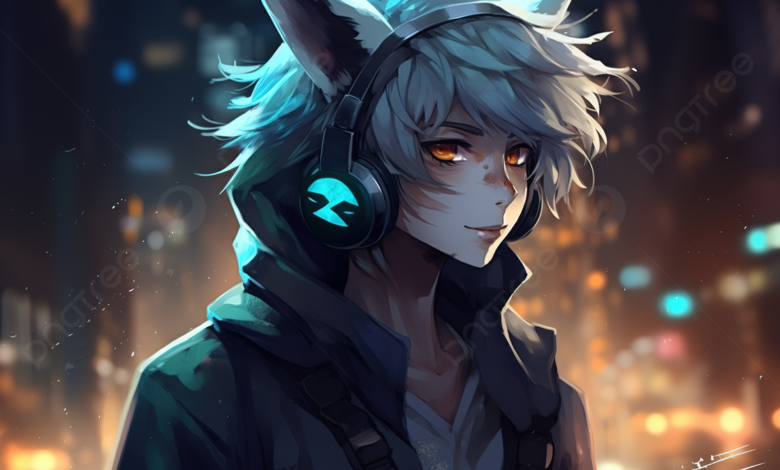Zunjae: A Tale of Code, Controversy, and the Complexities of Open-Source Development

Zunjae is a name that evokes mixed reactions in the online world. To some, he’s a talented developer and creator of “AnYme,” a popular (but technically unofficial) Android app for MyAnimeList. To others, he’s a controversial figure whose actions have sparked heated debates within the anime piracy community. Regardless of your stance, Zunjae’s story offers a fascinating glimpse into the world of open-source development, its inherent complexities, and the impact a single individual can have on a passionate online community.
Rise of AnYme: A Boon for Anime Fans?
In 2017, Zunjae released AnYme, an elegant and feature-rich app that quickly gained traction among anime fans. Unlike other, bulkier alternatives, AnYme boasted a clean interface, seamless integration with MyAnimeList, and efficient offline viewing capabilities. For many, it was a dream come true – a convenient way to manage their anime watchlist, track progress, and access content wherever they went.
However, AnYme existed in a grey area. It bypassed official anime streaming platforms and scraped content directly from various online sources, raising concerns about copyright infringement. While others had attempted similar projects, AnYme’s user-friendly design and growing popularity thrust Zunjae into the spotlight, attracting both ardent fans and vocal critics.
Code, Controversy, and the Blurring Lines of Ethics
Zunjae’s approach to development further fueled the flames of debate. He often took to online forums, engaging in heated discussions with users, sometimes using abrasive language and questioning the moral implications of copyright in the digital age. Some saw him as a rebellious champion of user convenience, pushing boundaries and challenging established norms. Others criticized his attitude, finding his behavior unprofessional and detrimental to the community.
Adding to the controversy were allegations of monetization attempts and data privacy concerns surrounding AnYme. While Zunjae denied these claims, the whispers spread, adding another layer of complexity to his already controversial persona.
The Fall and the Aftermath: Lessons Learned
In 2020, AnYme faced legal repercussions, causing its removal from official app stores. While the details remain shrouded in legal terms, it marked a significant blow to Zunjae’s project and his standing within the community.
Despite the controversies and ultimate downfall of AnYme, Zunjae’s story holds valuable lessons for open-source development. It highlights the importance of transparency, ethical considerations when navigating copyright complexities, and the need for responsible conduct within online communities.
While opinions on Zunjae remain divided, one thing is undeniable – his influence on the anime piracy community and the open-source landscape was significant. AnYme, for all its controversies, showcased the potential of community-driven development and user-centric design. It also exposed the challenges and ethical dilemmas inherent in such endeavors.
Beyond AnYme: Zunjae’s Legacy
Zunjae’s story may be primarily associated with AnYme, but his contributions extend beyond that single project. He continues to be active in the open-source community, contributing to various projects and engaging in technical discussions.
Whether hailed as a genius or criticized as a provocateur, Zunjae’s journey is a reminder that innovation, often, thrives on the edge. It pushes boundaries, raises uncomfortable questions, and sparks discourse. And while the results may be messy and controversial, they undeniably contribute to the evolution of technology and the communities that shape it.




